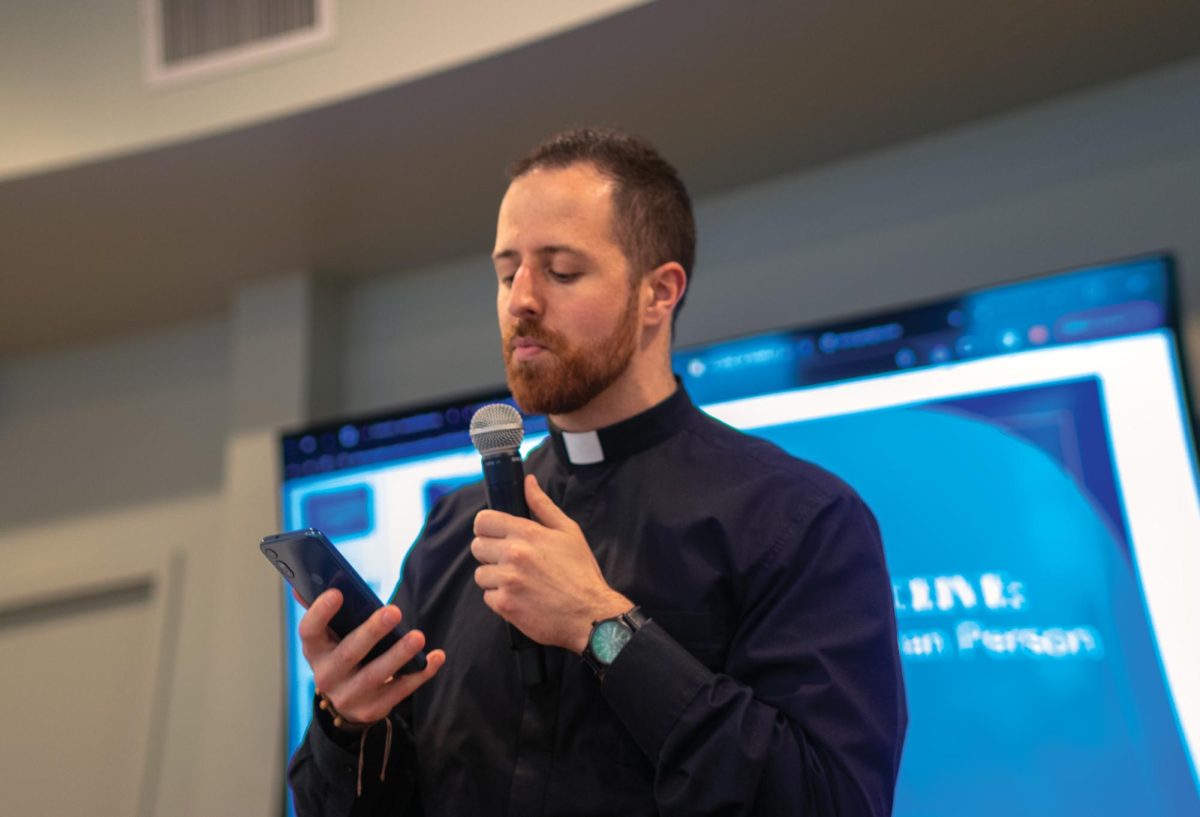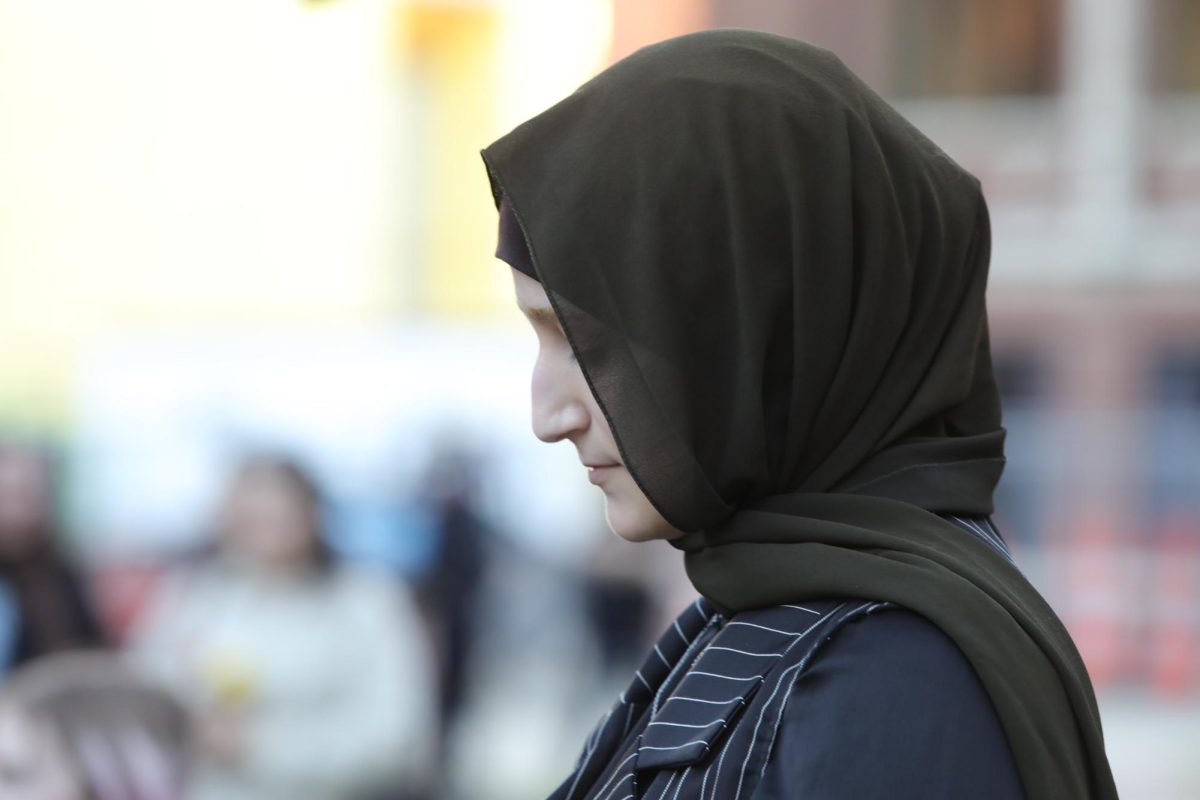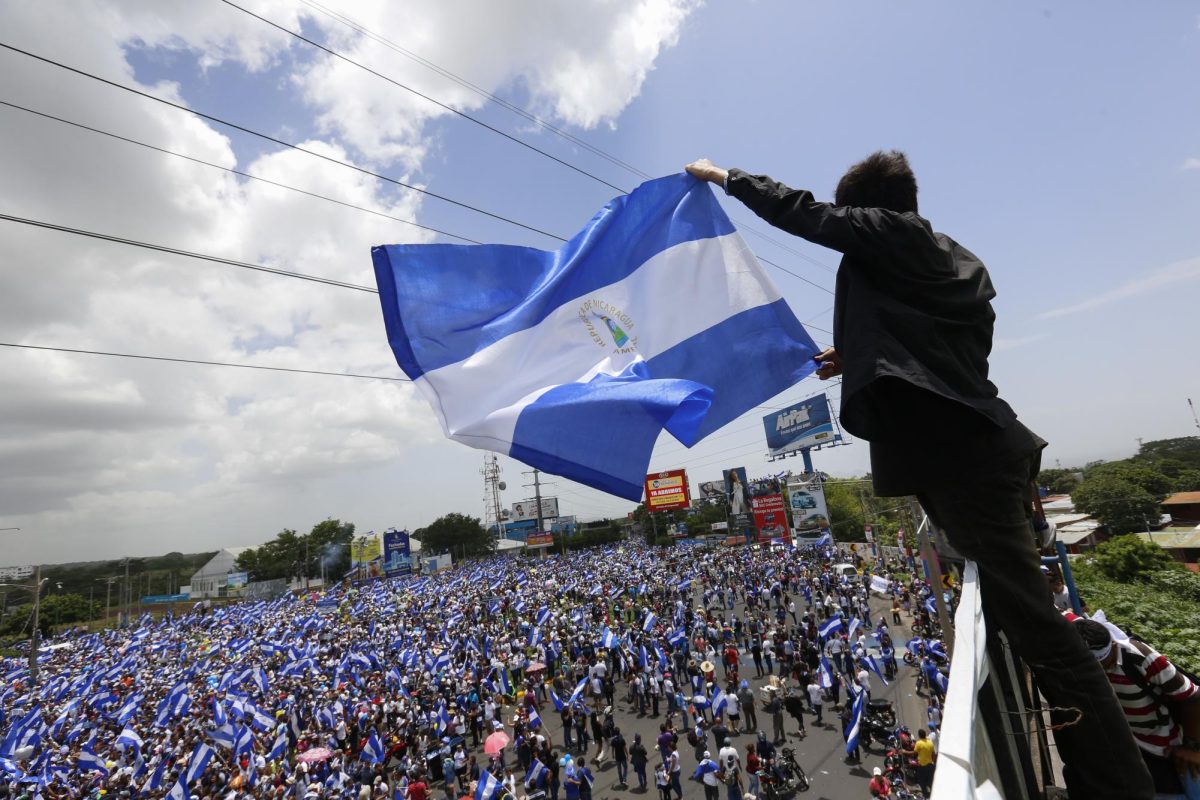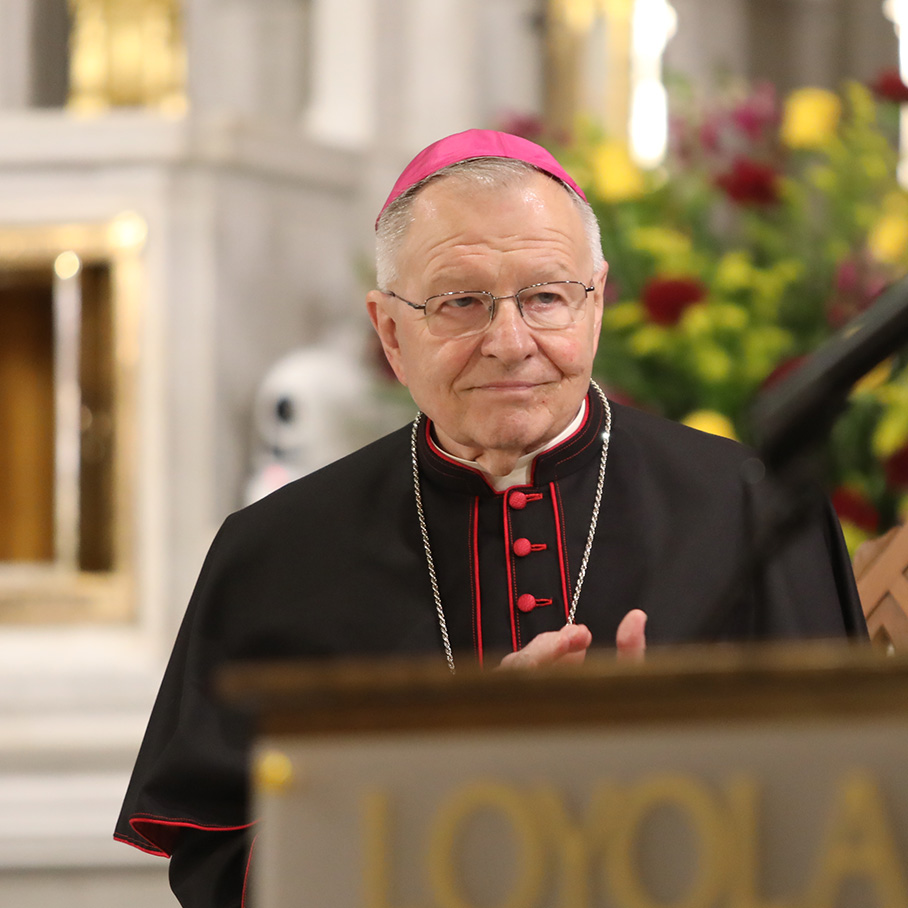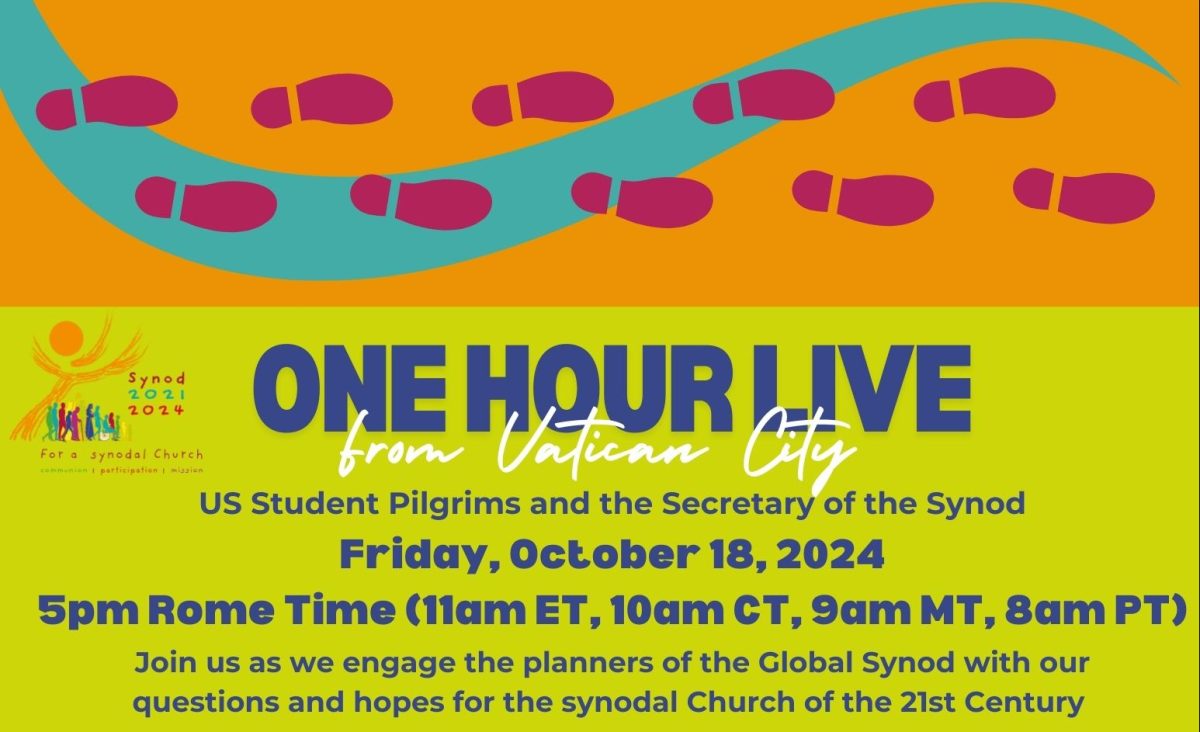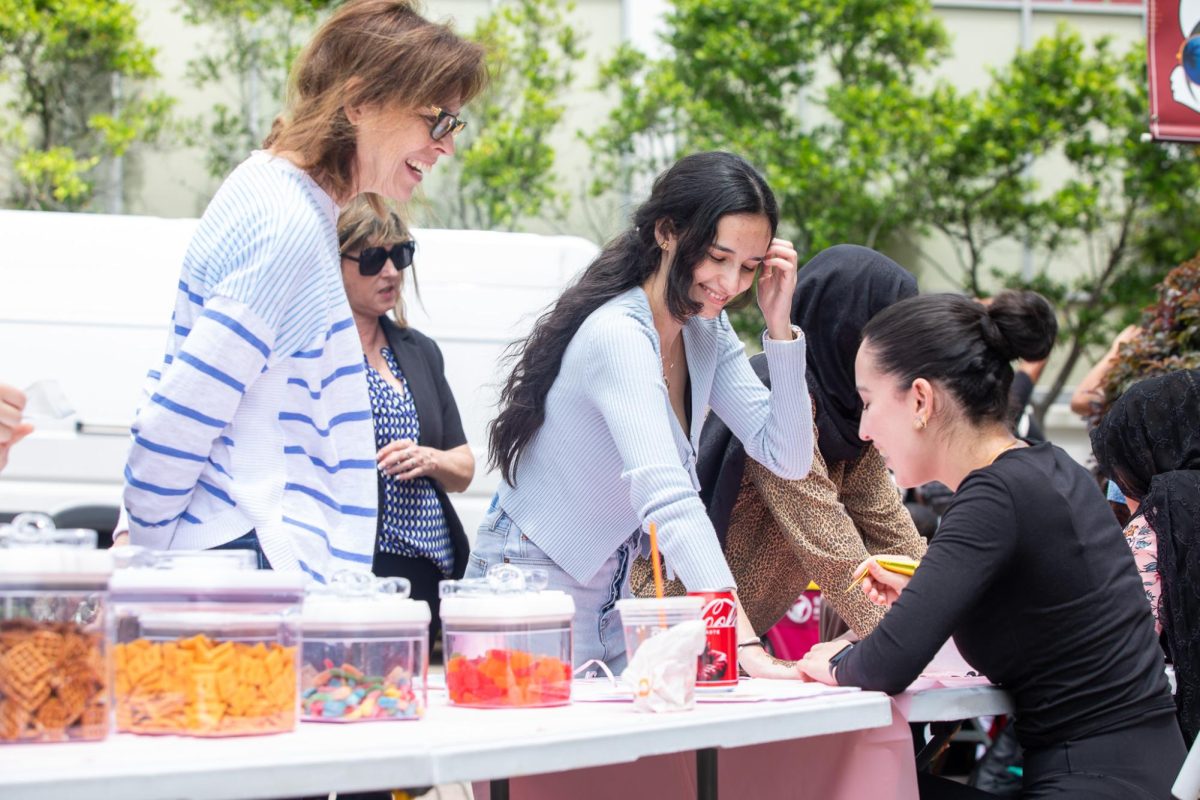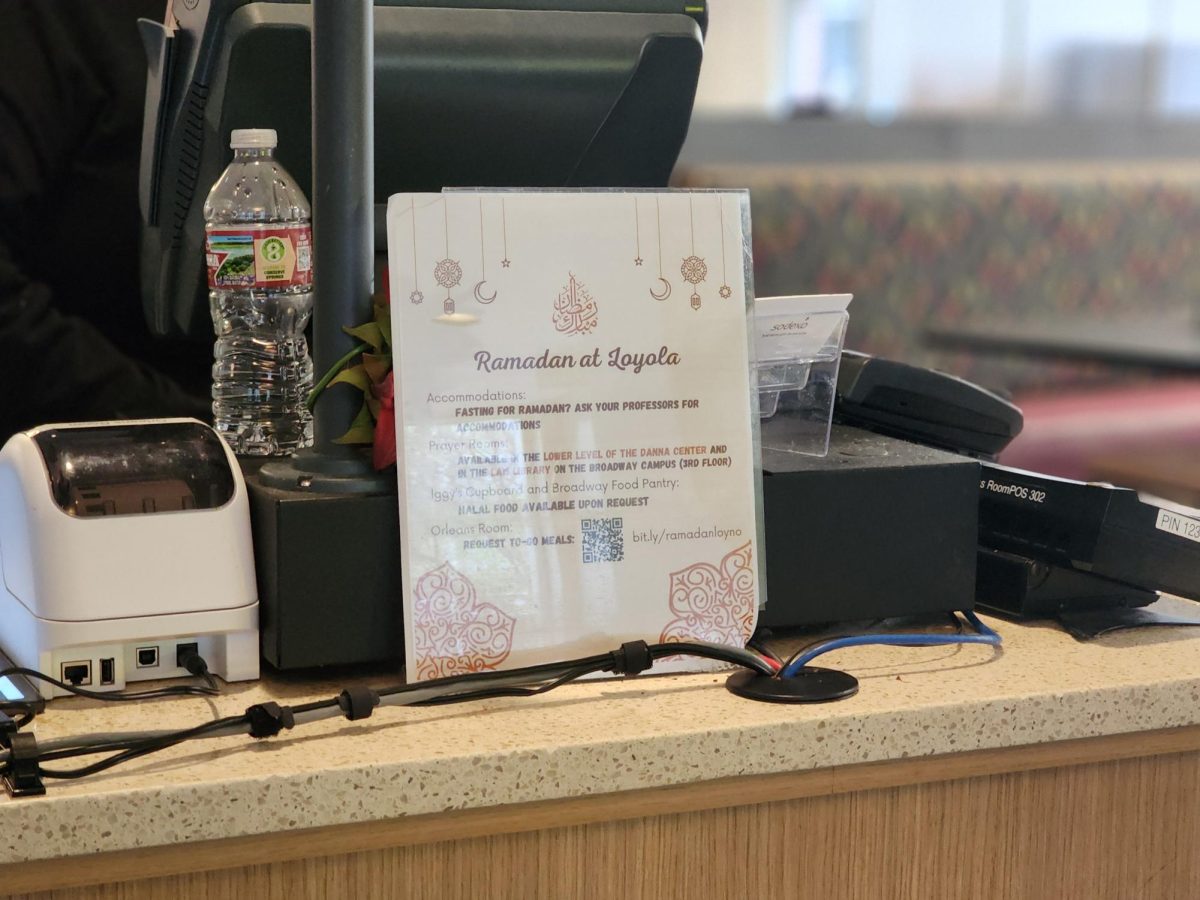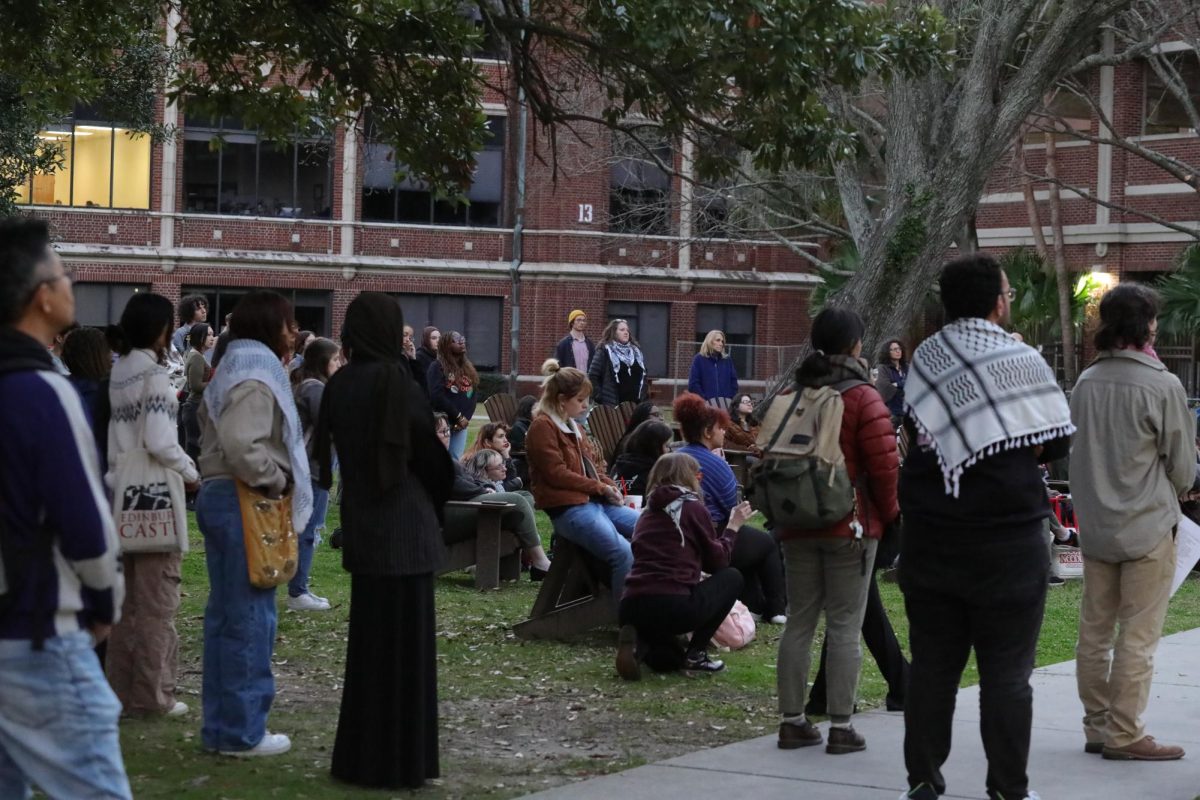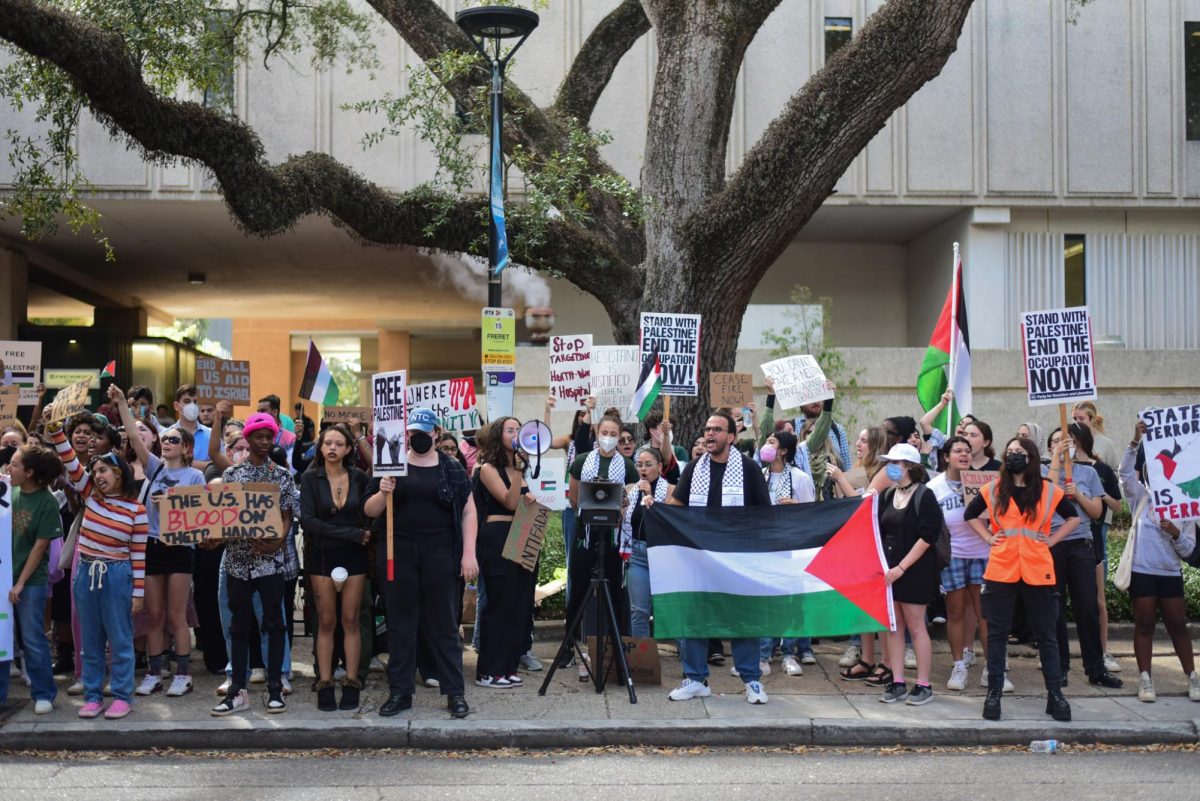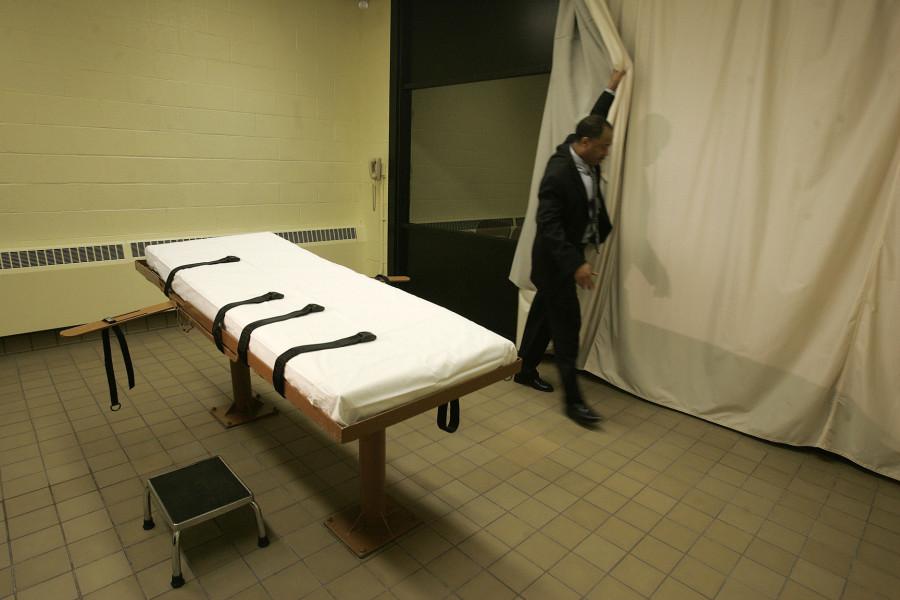
Death penalty, a topic that has incited many heated debates across the country, is going to be the focus of an upcoming lecture hosted by the Loyola University Community Action Program.
The lecture will be presented by Sister Helen Prejean, C.S.J., author and founder of Ministry Against the Death Penalty, and is also part of LUCAP’s 40th anniversary celebrations.
The lecture titled “Talking About Life, Death and Social Justice” will showcase the impact that the death penalty has on the world from both the religious and real-life perspective.
Kurt Bindewald, associate director of mission and ministry and LUCAP adviser, said this lecture is especially important since Pope Francis declared a “Holy Year of Mercy,” asking lawmakers to protect human life in every instance.
“As Catholics, respect for life is a topic that is very near and dear to us. Therefore, we must ask ourselves how do we seek mercy in our daily lives and ask ourselves is the death penalty the just and loving way to deal with those who have done awful and heinous crimes,” Bindewald said.
He added that having Prejean speak about social justice issues is also important because of the current racial tensions across the nation.
“At the moment, the nation is very keen about these issues, especially in terms of the relationship between African-Americans and law enforcement. This plays into what Sr. Helen has found in her research of the hyper-incarceration rate of minorities on death row, particularly African-American males,” Bindewald said.
According to the Death Penalty Information Center, 42 percent of death row inmates are African-American, just one percent shy of topping Caucasian Americans at 43 percent.
Prejean, who is a Louisiana native, began her prison ministry in 1981 after moving into the St. Thomas Housing Projects to observe how it was to live in a poverty-stricken area. She soon learned that many families had loved ones who were on death row.
“I lived among African-Americans who essentially served as my teachers; they taught me how to live in a racist society. I learned that racism, poverty and using violence to solve social problems are all included in the death penalty,” Prejean said.
In 1982, Prejean connected with Angola death row inmate Patrick Sonnier and became his spiritual adviser, and during this time, her eyes were opened to the Louisiana execution process.
Shortly after, she began advocating for the abolition of the death penalty and wrote about her experiences in the New York Times Bestseller “Dead Man Walking: An Eyewitness Account of the Death Penalty”.
Prejean said that she feels the death penalty couldn’t be more contrary to the gospel of Jesus.
“For those who have killed, it is all about how we respond in kind. We should pray for the enemy and not return hate with hate,” Prejean said.
Shea Hermann, mass communication senior, has been working with LUCAP since her freshman year and said that she hopes this presentation gets people talking.
“I think this kind of thing encompasses what LUCAP is about: bringing awareness to a hot-button social justice issue and starting conversations about it,” Hermann said.
Hemann said that being an institution deeply rooted in social justice, it is Loyola’s responsibility to bring a discussion like this to its students.
The lecture will take place at the Holy Name of Jesus Church on Nov. 16 at 7 p.m.




